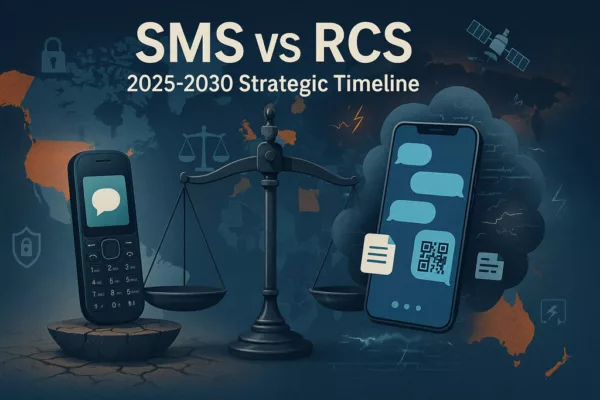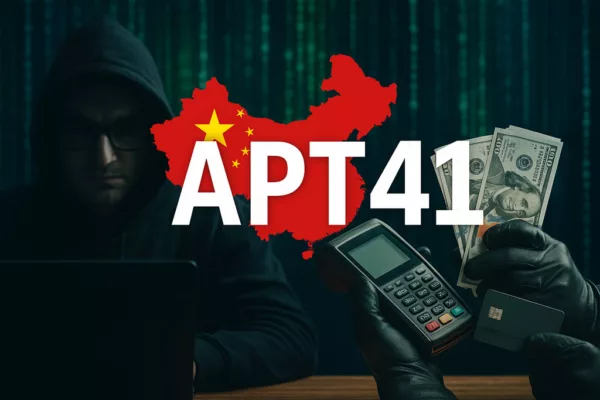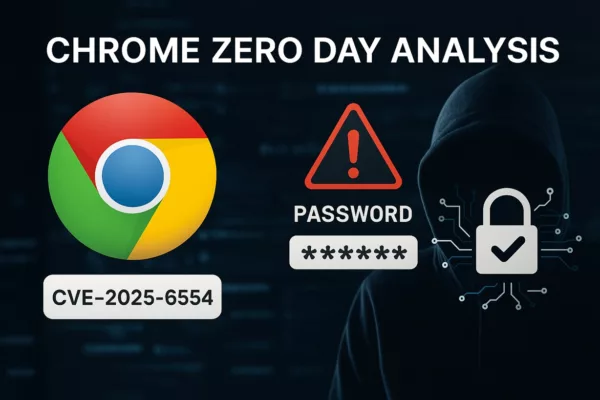Chinese cyber espionage I-Soon: A data leak reveals the secrets of their hackers Chinese cyber espionage poses a serious threat to the security and stability of the world. Many countries and organizations face hackers who try to steal sensitive information, disrupt critical infrastructure, or influence political outcomes. One of the most active and sophisticated cyber […]
Stay informed!
Join our community of technology enthusiasts! Subscribe to our newsletter and receive exclusive updates on the latest news, special offers, and tips from Freemindtronic. Stay informed on the latest technology trends, discover new products, and be among the first to take advantage of them. Sign up now by entering your email address below. Don't miss any updates from Freemindtronic!






